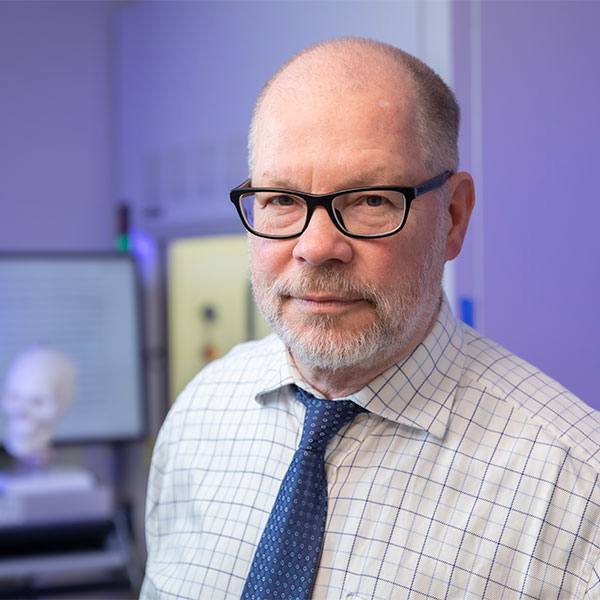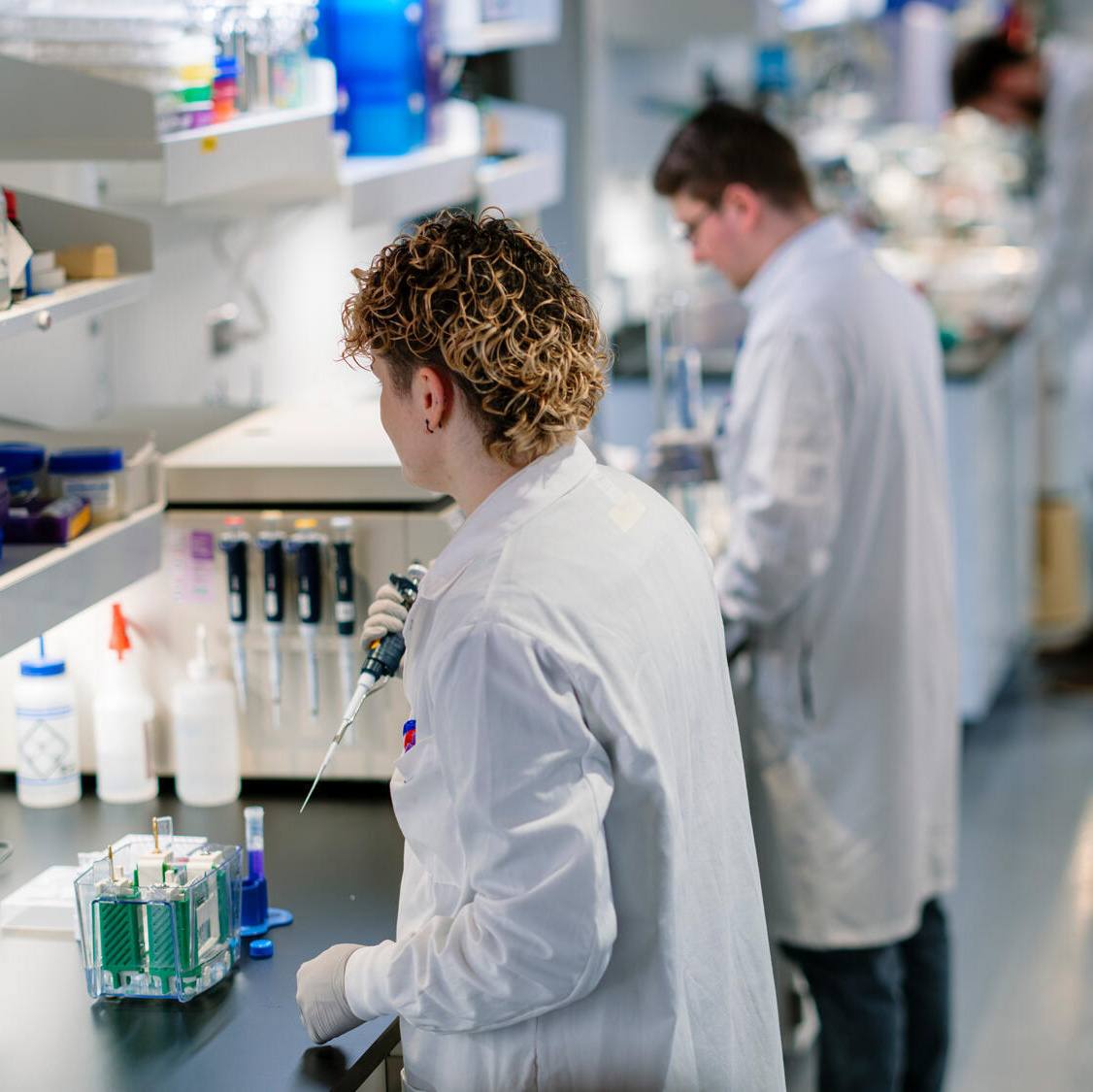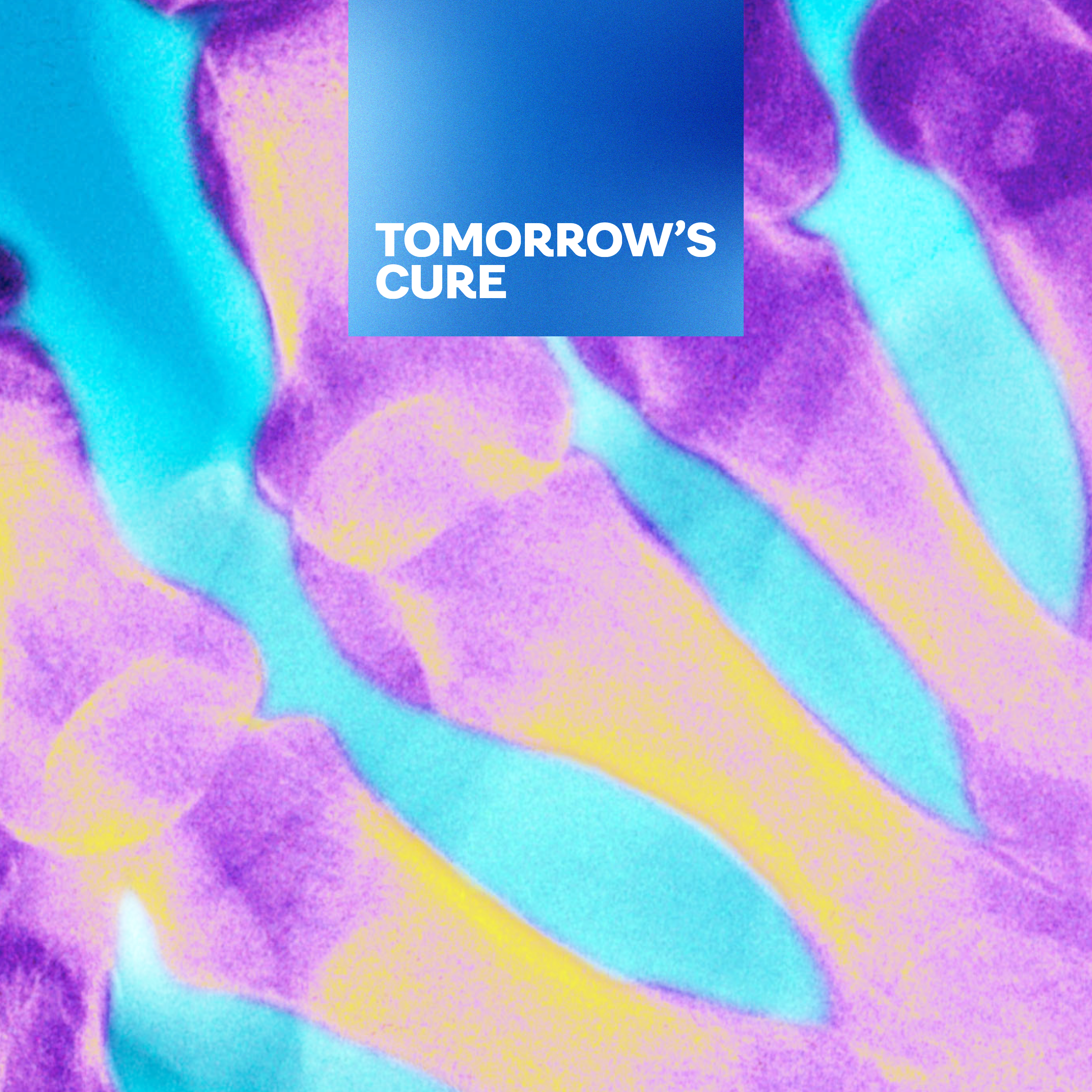-
Research
What men need to know about breast cancer risk

Male breast cancer is a rare disease, comprising 1% of all breast cancers, but the number of men diagnosed is on the rise.
“And there is an increasing appreciation of differences in the tumor biology of female breast cancer versus male breast cancer,” says Siddhartha Yadav, M.D., co-author of a Mayo Clinic study published in the journal Cancer.
“In this study, we looked at how male breast cancer has been treated in the 21st century, as there is limited understanding of treatment patterns and prognostic factors,” Dr. Yadav explains. “There is a need for studies focused on this unique population.”
According to Dr. Yadav, in many ways, male breast cancer resembles female breast cancer, but there are important differences:
- Male breast cancer tends to present at an older age, with more frequent lymph node metastases and a higher percentage of estrogen receptor–positive (ER+) tumors compared with female breast cancer.
- Inherited risk factors for male breast cancer also are slightly different. In contrast to female breast cancer, male breast cancer is more likely to occur within the setting of a BRCA2 mutation rather than BRCA1 mutation.
- In addition, lower levels of male sex hormones, particularly testosterone) is a known risk factor for male breast cancer
In the last 20 years, there has been significant progress in the local and systemic management of female breast cancer, but it is unclear whether these advances have been applied to the management of male breast cancer.
“In this study, we looked at how male breast cancer has been treated in the 21st century, as there is limited understanding of treatment patterns and prognostic factors. There is a need for studies focused on this unique population.”
Siddhartha Yadav, M.D.
Researchers identified several factors associated with better overall survival in male breast cancer including, residing in a higher income area, having progesterone receptor–positive tumors, and receiving chemotherapy, radiotherapy, and endocrine therapy. In addition, they demonstrated that the treatment of male breast cancer has evolved over the past decade, with increases in the rates of total mastectomy, radiotherapy after breast conserving surgery, ordering of Oncotype DX testing to estimate the likelihood of disease recurrence, and the use of hormonal therapy.
“The results of the current study highlight unique practice patterns and factors associated with prognosis in patients with male breast cancer, furthering understanding of the treatment and prognosis of male breast cancer and identifying unanswered questions for future research,” says Dr. Yadav.
What men need to know about hereditary breast cancer risk

Genetic testing can play an important role in the care of men with breast cancer. A recent study suggested that up to 18% of men with breast cancer have an inherited gene mutation. The National Comprehensive Cancer Network recommends offering genetic testing to all men with a personal history of breast cancer.
Inherited or hereditary cancer risk is caused by a gene mutation that is passed down from parents to children. A mutation is a change in a gene that causes the gene to not work correctly. Two genes commonly linked with an increased risk for male breast cancer are BRCA1 and BRCA2. Different cancers, affecting both men and women, are also linked to mutations in these genes, including breast, ovarian, and prostate cancer. These mutations may be passed down to children. Other family members, including parents, siblings, and more distant relatives may also be at risk.
“If a man has a family or personal history of male breast cancer, a family history of breast or ovarian cancer, especially at younger ages, is of Ashkenazi or Jewish descent, or has a known family history of BRCA1 or BRCA 2 mutation, we would encourage him to talk to a provider or a genetic counselor to see if genetic testing is right for him,” says Sarah Kroc, a Mayo Clinic genetic counselor, in the Department of Clinical Genomics.
“As more high-risk men undergo genetic testing, more will be learned about inherited cancers in men. Knowing this information may help improve decision making about cancer prevention, detection and treatment options, both for patients and their families.”
Sarah Kroc
Kroc acknowledges that estimating a person’s cancer risk is complex.
“As more high-risk men undergo genetic testing, more will be learned about inherited cancers in men,” says Kroc. “Knowing this information may help improve decision making about cancer prevention, detection and treatment options, both for patients and their families.”
Learn more about BRCA mutations and hereditary cancers in men at: Mayoclinic.org and National Cancer Institute – cancer.gov.
Inherited genetic mutations can play a major role in some cancers. Watch this Video Q&A About Cancer & Genomics featuring Jewel Samadder, M.D., oncology nurse Kelli Fee-Schroeder and genetic counselor Maggie Klint from Mayo Clinic.
Watch this Mayo Clinic Minute on male breast cancer.
Stay informed
Want to read more stories like this one?
Register to get weekly updates about new stories on Mayo Clinic Center for Individualized Medicine blog.
Join the conversation
For more information on the Mayo Clinic Center for Individualized Medicine, visit our blog, Facebook, LinkedIn or Twitter at @MayoClinicCIM







